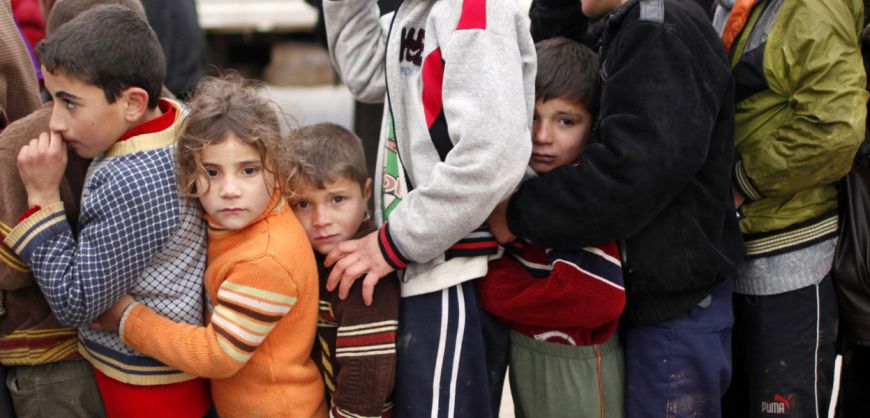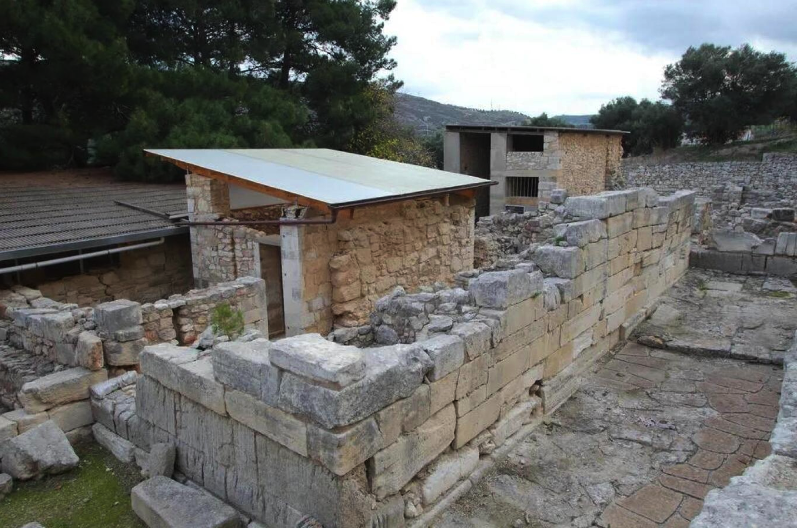The opposition took statements made during a TV interview with Finance Minister Yanis Varoufakis and used it to describe the Radical Left Coalition (SYRIZA) government’s bill on “humanitarian aid.” They said that it had “creative vagueness” in terms of cost and the government was also accused of trying to set up a “party-dependent state”.
Conservative New Democracy parliamentary representative Kyriakos Mitsotakis was critical of the bill because it is not accompanied by a requisite report of the State General Accounting Office and said the Office cannot assess the value of the measures without settling the number of beneficiaries. He said that some of those helped by the bill may already be receiving assistance by the Fund for European Aid to the Most Deprived (330 mln euros) and the regional entrepreneurial programs (1.717 bln euros).
Alternate Labor Minister Theano Fotiou said at the 220 mln euros do not have a focus on food and some related services exist that will not start before June whereas the government program is scheduled for April. Furthermore, she said that the regional entrepreneurial programs cover 13 prefectures over 7 years.
Alternate Finance Minister Dimitris Mardas said the government calculates that the measures will cost 200.3 mln euros per annum of which 180.3 mln euros will be collected from the reduction of state spending and the rationalization of the state’s procurements, while the remaining 20 mln euros will come from the budget of the defence ministry (i.e. a cut in military expenditures)
“This picture does not concern a cutback but a more rationalized use of state funds through the application of more modern procurement systems. This way we can collect some funding without cutting back in citizen goods and services,” he said, adding that “while the previous government included 45 ministries and deputy ministries with 1,173 specialist consultants transferred from several other services, today we have 37, which will not make use of more than 554 such staff, while there is a reduction of personnel in ministerial offices – this whole plan will save us 50 million euros.”


































